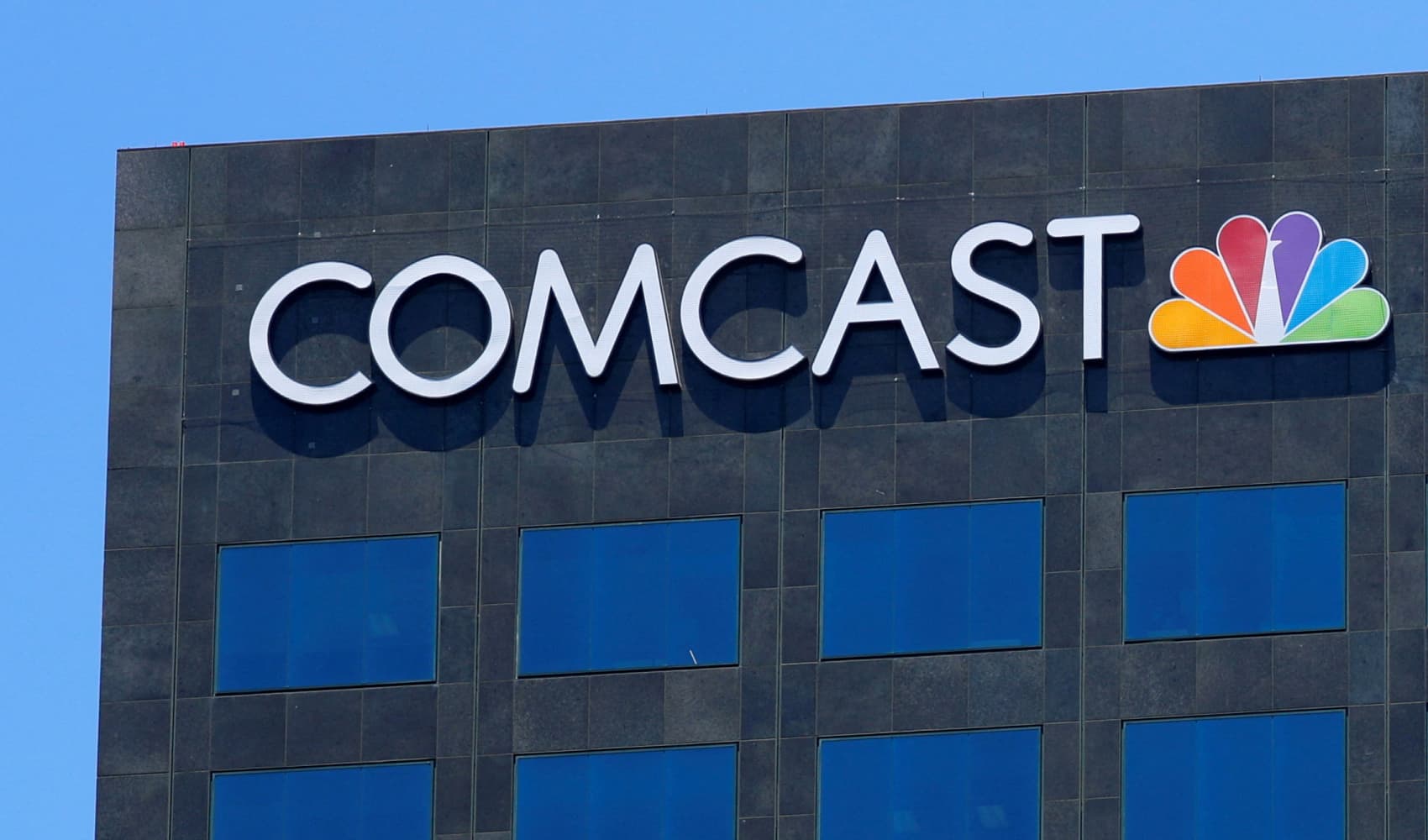
- CVS Health, UnitedHealth Group and Cigna sued the Federal Trade Commission, claiming the agency's case against drug middlemen over high insulin prices in the U.S. is unconstitutional.
- The complaint is the latest move in a bitter legal fight between the three largest pharmacy benefit managers, or PBMs, in the U.S. and the FTC.
- The FTC in September sued CVS's Caremark, Cigna's Express Scripts and UnitedHealth's Optum Rx in the agency's administrative court.
CVS Health, UnitedHealth Group and Cigna sued the Federal Trade Commission on Tuesday, claiming that the agency's case against drug supply chain middlemen over high insulin prices in the U.S. is unconstitutional.
The complaint, filed in the U.S. District Court for the Eastern District of Missouri, is the latest move in a bitter legal fight between the three largest pharmacy benefit managers, or PBMs, in the U.S. and the FTC.
The FTC in September sued CVS's Caremark, Cigna's Express Scripts and UnitedHealth's Optum Rx in the agency's administrative court, accusing those PBMs and other drug middlemen of using a "perverse" rebate system to boost their profits while inflating insulin costs for Americans.
We've got the news you need to know to start your day. Sign up for the First & 4Most morning newsletter — delivered to your inbox daily. Sign up here.
The FTC's in-house administrative process initiates a proceeding before an administrative judge who would hear the case. FTC commissioners then vote on that opinion.
The Tuesday complaint argues that the FTC's process violates the companies' due process rights under the Fifth Amendment. The companies also allege that the FTC's claims involve private rights that must be litigated in federal court rather than in the agency's in-house administrative court.
The companies called that process "fundamentally unfair," noting that commissioners and an administrative law judge are "unconstitutionally insulated from removal by the President and thus are insulated from democratic accountability."
Money Report
"This sweeping attempt to reshape an entire industry via law enforcement would never pass muster in a US district court," the complaint said.
In a statement Tuesday, FTC spokesperson Douglas Farrar said "it has become fashionable for corporate giants to argue that a 110-year-old federal agency is unconstitutional to distract from business practices that we allege, in the case of PBMS, harm sick patients by forcing them to pay huge sums for life saving medicine. It will not work."
PBMs sit at the center of the drug supply chain in the U.S. They negotiate rebates with drug manufacturers on behalf of health plans, reimburse pharmacies for prescriptions and create lists of medications covered by insurance.
The complaint comes a month after CVS, UnitedHealth Group and Cigna demanded FTC Chair Lina Khan and two other commissioners recuse themselves from the agency's in-house suit. In separate motions, the companies argued that all three commissioners have an extensive track record of making public statements that indicate allegedly serious bias against the PBMs.
Caremark, Express Scripts and Optum Rx are all owned by or connected to health insurers and collectively administer about 80% of the nation's prescriptions, according to the FTC.






